For most of us, it may be too much of a stretch to install solar panels or a new eco-efficient boiler, but we can all make smaller changes in our own homes and lifestyles and together they add up to a big difference.
Here are some ideas for changes that are budget-friendly and don’t take a lot of time but do contribute to a more sustainable home and lifestyle.
1. Wash Your Clothes In Cold Water
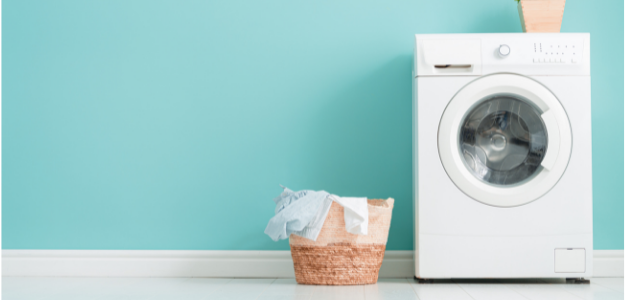
Up to 90% of the energy used by a washing machine goes toward heating water, so use your washing machine on the cold water setting. You’ll not only reduce CO2 emissions, you’ll also keep your clothes in top condition for longer. If you feel the cold water setting doesn’t do a proper job on difficult stains, try the warm setting, it’s still saving energy.
2. Use the dryer less
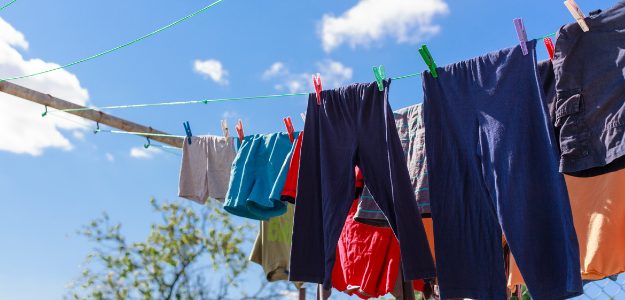
Your clothes and bedding will last longer if you hang them outside instead of drying them in the dryer. If you don’t have a garden or outside space you could use a drying rack and keep the windows open to allow the sun to dry your clothes faster.
3. Repair or re-use instead of buying new
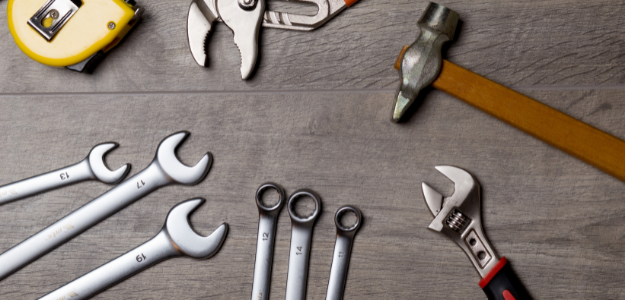
Why buy new when you can repair or re-use? Why buy new when you can repair or re-use? The Bridgend Repair Cafe is a local organisation who will try to repair damaged or broken household items for free. And you can check out apps like Freecycle and Freegle which are both nonprofit movements of people who are giving and getting stuff for free in their local areas, including Bridgend. Membership is free. The Gumtree Freebies section also works a lot like Freecycle.
4. Swap Regular Light Bulbs For LED Bulbs
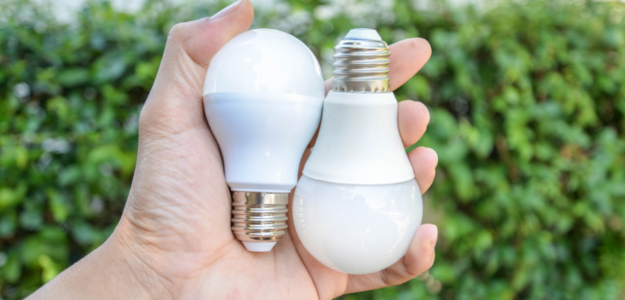
Investing in the right energy-efficient light bulbs makes a huge difference. LED bulbs last longer, use less energy so are eco-friendly, and they help you save money in the long run.
5. Use a Programmable Thermostat
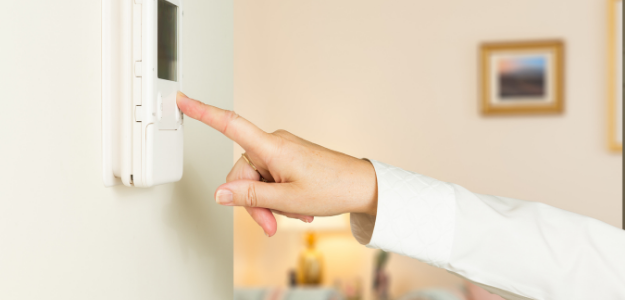
Go green by installing a programmable thermostat. It can reduce the cost of your utility bill and make your home more eco-friendly at the same time.
6. Make sure to use a Recycling Bin and a Compost Bin
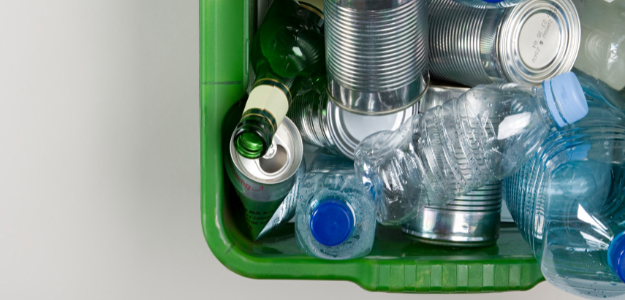
If you own a recycle bin, you’ll be more conscious about recycling glass bottles, jars, paper, and other items that should be recycled. Your compost bin will help you get rid of leftovers and will give you compost you can use for your plants. These days, compost bins are designed to be neat, tidy, and odour-free.
7. Go potty!
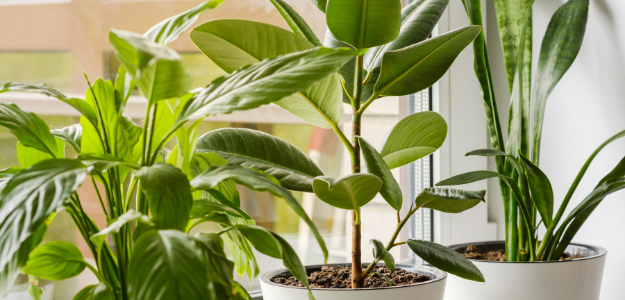
Potted plants are effective for indoor air cleaning and they make us feel good. Or plant your own herb garden. Herbs don’t take a lot of space. You can plant them in small pots and keep them inside the house, close to a sunny window. Healthy and tasty!
8. Have smarter cuppas

Only fill and boil the kettle with as much water as you need. The most energy-saving kettles have a low minimum-fill line, and switch off quickly after boiling. Descale your kettle regularly. If it’s full of limescale, you use more energy to boil the same amount of water.
9. Cut down on food waste
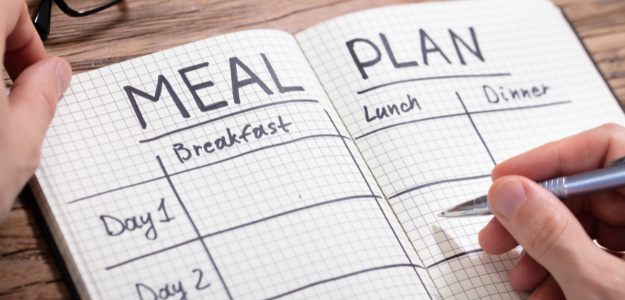
Food waste is a big issue in the UK. Make sure you minimise food waste by meal planning, and storing food properly. You can also join the movement to help reduce food waste by signing up to the Too Good To Go app to help buy and collect surplus food from your favourite restaurants, cafes and stores – at a great price – so it gets eaten instead of wasted.
10. Use biodegradable or recyclable items
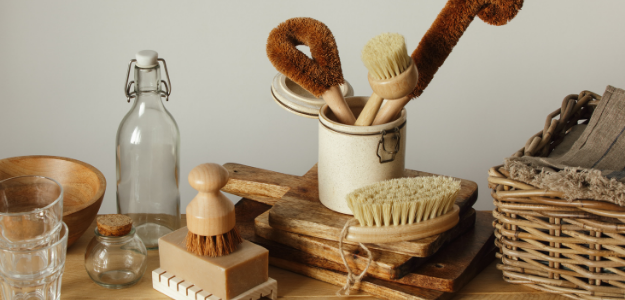
You want tools and utensils, and other items in your kitchen to last. But when the time comes, you want to be able to recycle them. Whenever you can, avoid plastic and go for biodegradable material, wood, bamboo or stainless steel.
11. Invest in energy-efficient appliances

Kitchen appliances can use up quite a bit of your energy at home, so save money in the long run by buying energy-efficient kitchen appliances.
12. Use Reusable Kitchen Towels
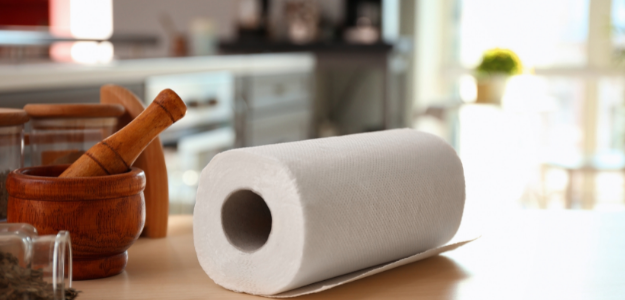
Reusable kitchen towels are an excellent alternative to paper towels. You can use them repeatedly by washing them, and they’ll take a long time before they start becoming unusable.
13. Use Glass Storage Containers
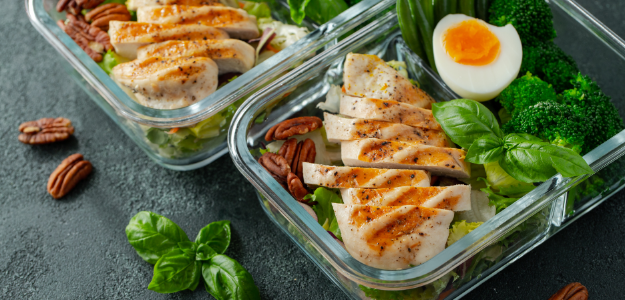
As much as possible, you might want to get glass storage containers for any food items or the like around your kitchen. They’re going to be convenient because you can freeze them, and some of them are microwave friendly too.
14. Use Eco-Cleaning Products to Clean the House
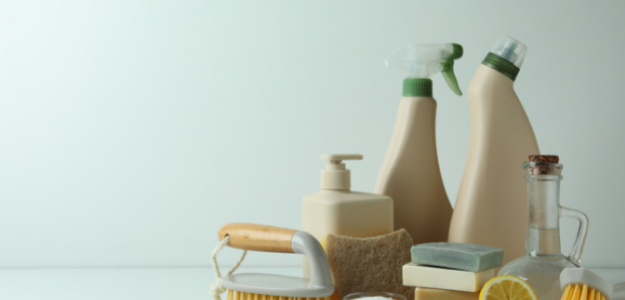
A lot of mainstream cleaning products contain chemicals that are harmful to the environment, such as detergents, preservatives, or foaming agents. Opt for products that contain no synthetic ingredients if you want to go for eco-friendly household products.
15. Use Eco-Friendly Toilet Paper
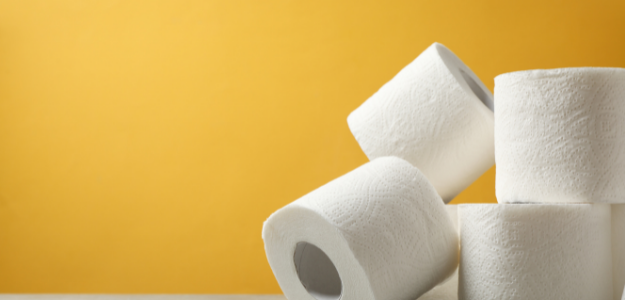
A lot of trees are cut down in order to make toilet paper rolls and the average person uses 100 rolls in a year. Toilet paper made from bamboo is a much more sustainable option, as bamboo grows 39 inches within a 24 hour period.
16. Use a Recyclable Eco-Friendly Water Bottle
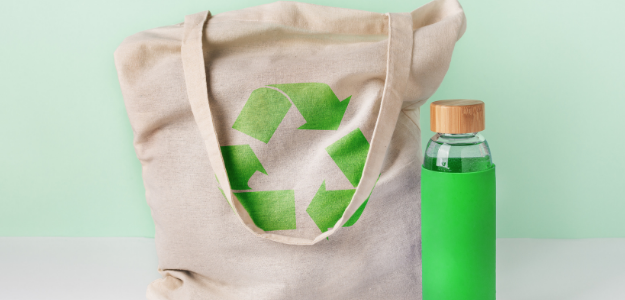
Many plastic water bottles end up in the ocean and one plastic bottle will break down into 10,000 microplastic pieces over time – this microplastic pollution is incredibly hard to clean up. A solution is to invest in a water bottle that is not only reusable but also the right size, so you can take it with you whenever you travel.
17. Use Environmentally-Friendly Shampoo
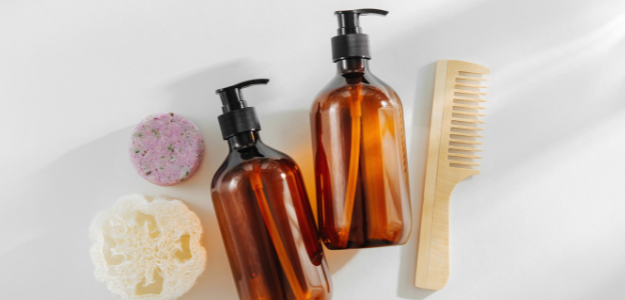
Just like ingredients in cleaning products, regular shampoo, and conditioner also contain various ingredients that are washed down the drain and end up in the ocean, and many of them are harmful to nature. Try to choose natural ingredients when shopping for shampoo. Better still, dump the plastic bottle and opt for natural soap bars that are suitable for hair.
18. Replace Diesel and Petrol Cars with Environmentally-Friendly Cars
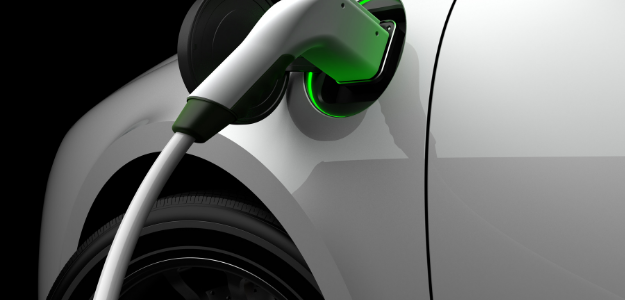
Diesel and petrol cars are the main culprits of CO2 emissions and major contributors to global warming. Consider trading your petrol car for an electric one when it’s time.
Meanwhile, why not save money on fuel by organising car shares, or see if you can share the school run with other parents. Liftshare and Gocarshare are both ride-sharing apps. BlaBlaCar works by linking drivers going to popular destinations such as airports or cities with those who need a lift. Or go one better – skip the car journey and walk or cycle instead.
19. Buy less fast fashion, more responsible brands
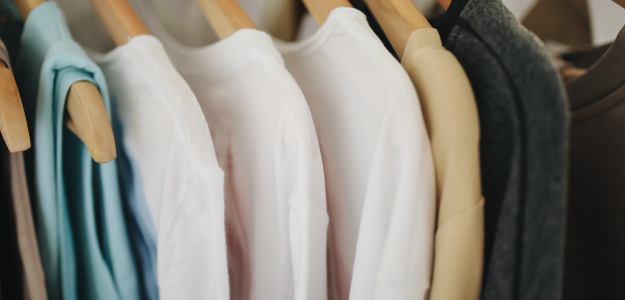
The damaging effects of fast fashion clothes on the environment are pretty significant. Clothes that fall into this category are produced, and disposed of, in massive quantities, and certain synthetic fibres, like polyester, can take up to 200 years to decompose. Synthetic fibres shed microplastic when washed, ending up in oceans, and entering the food chain. Be mindful of the type of clothes you buy, which textiles they are made of, and look for companies that have promised to reduce their emissions and water pollution from producing garments.
20. Stop Using Single-Use Plastic Straws
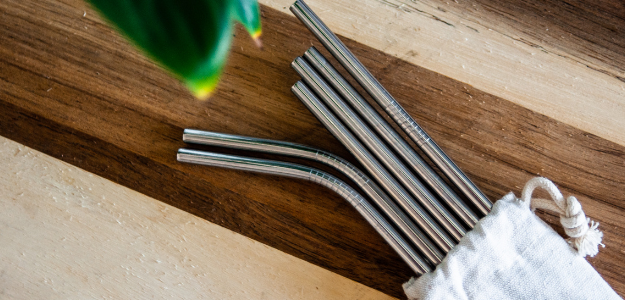
There are over 8.3 billion tonnes of plastic straws in the world, most of them aren’t recycled and they can take up to 200 years to decompose. Invest in a metal or bamboo straw that is reusable. The UK has confirmed a ban on single-use plastic straws as a part of the 25 Year Environment Plan.
In the meantime, if you’re buying a drink, tell the server you don’t want the straw in your drink if it’s plastic.
21. Eat Less Meat
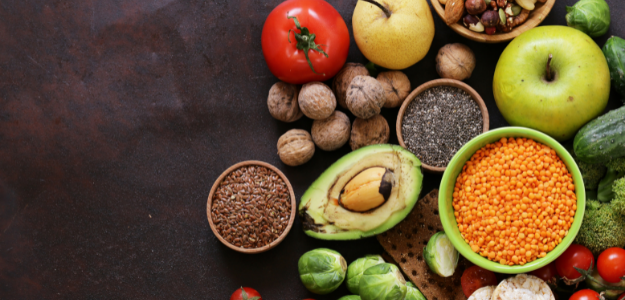
Meat and dairy are responsible for the majority of greenhouse gas (GHG) emissions in the agriculture industry and water use. Simply reducing your intake of meat can already have a big impact.
22. Unplug before going away
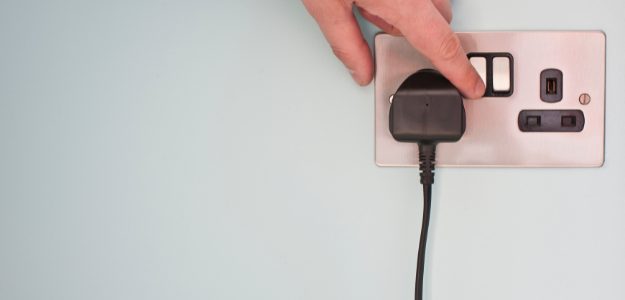
Even if electronic devices are shut off or in sleep mode, they are still using energy. Each UK household spends around £50 – £86 a year to power appliances left in standby mode or not in use. So, before going on holiday, make sure to unplug your devices from the wall sockets, in order to save electricity.
23. Stop using pesticides in your garden
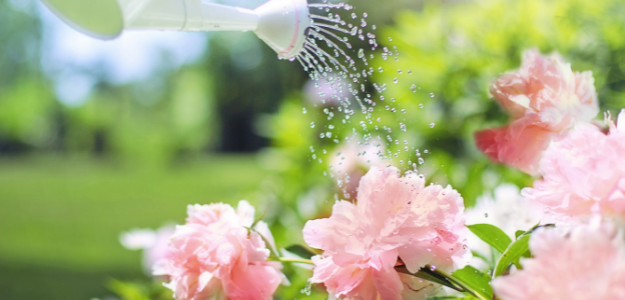
Pesticides and weed killers can have a disastrous effect on a habitat’s food web. What’s more, they can eventually make their way into rivers, lakes and groundwater after rainfall which is bad for the wider environment. Rather than using pesticides, by increasing biodiversity and encouraging natural predators into your garden such as hedgehogs and song thrushes, your garden pests like slugs and snails can be kept fairly well under control.
